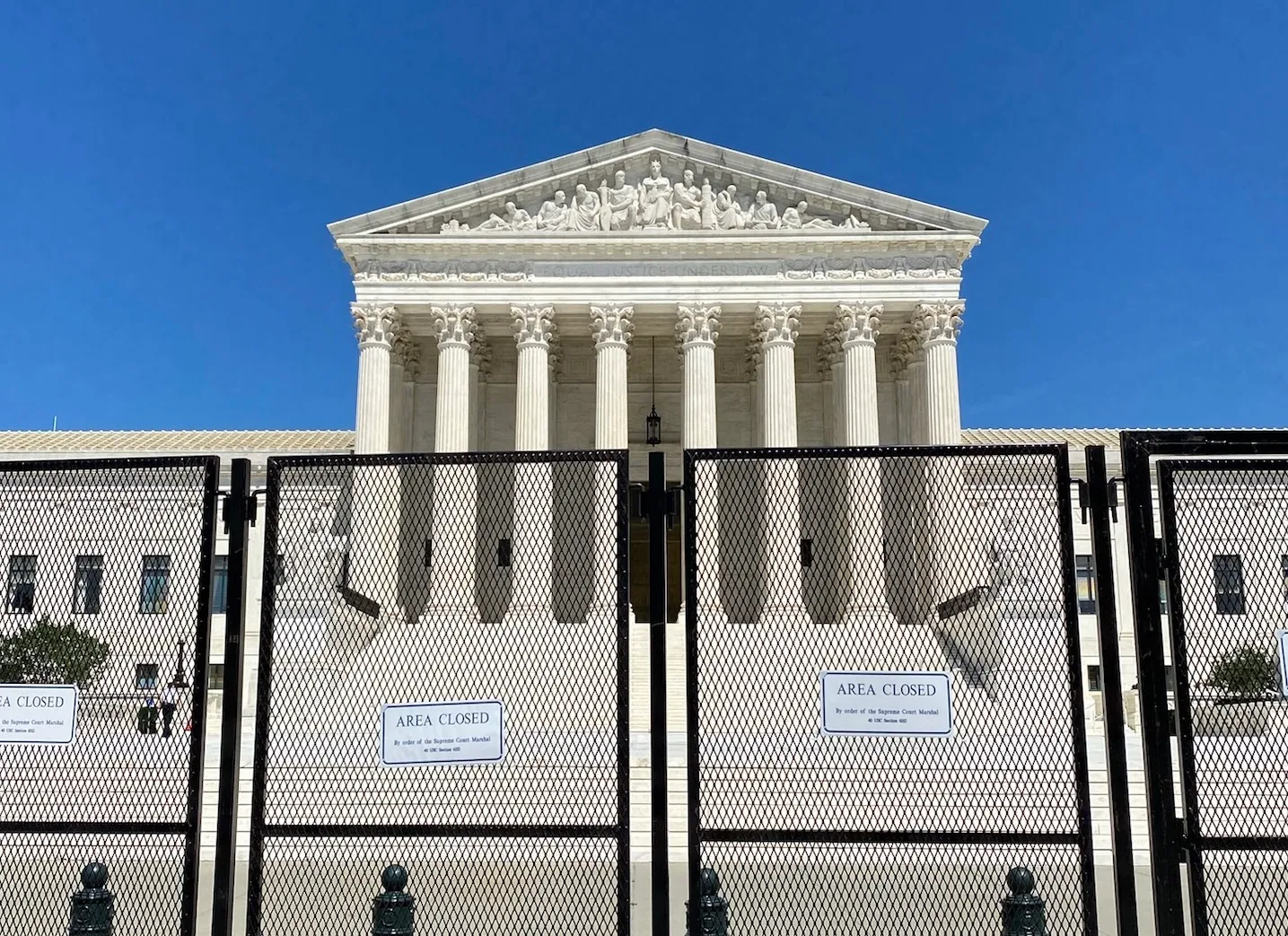Attorneys’ Involvement in Judge’s Campaign Fundraiser Didn’t Mandate Recusal
Tennessee case summary on judicial recusal in divorce.
Sallie Lunn Tarver v. John Kirk Tarver
The Tennessee rules of judicial conduct address the issue of campaign contributions, and such a contribution does not, in and of itself, require recusal.
The husband and wife in this Shelby County, Tennessee, case were divorced in 2017. In late 2021, the husband filed a petition to modify the final decree, and additional motions and petitions were soon filed by both parties.
In 2022, the husband made a motion to recuse the judge presiding over the case, Judge Robert S. Weiss. Judge Weiss denied the motion, and husband brought an appeal to the Tennessee Court of Appeals.
The husband’s motion was based upon the wife’s present and past attorneys being connected with firms that had hosted a fundraising event supporting the judge’s re-election. Judge Weiss found that he was unaware of what financial contributions, if any, were made by any particular lawyer, although some identified lawyers were responsible for securing permission to host the event in the building lobby, and one secured a donation of refreshments.
The appeals court first noted that it reviewed such motions de novo with no presumption of correctness. It also quoted an earlier case to the effect that one challenging a judge’s impartiality must come forward with evidence that would prompt a reasonable person to think the impartiality might be questioned.
Unfortunately, the husband had filed his first motion without the required affidavits. He renewed the motion and included those affidavits, but the original motion had already been denied, and he did not present any additional grounds for recusal.
The appeals court held that the first motion was properly denied, because it was not supported by the required affidavit. The second motion, since it restated the same grounds, was barred by the doctrine of res judicata.
The appeals court did look at the merits of the motion, however, and held that the lower court had ruled properly. It noted that the Tennessee rules of judicial conduct address the issue of campaign contributions, and such a contribution does not, in and of itself, require recusal.
In this case, the reception was held in the lobby of the building where three law firms had their office, and not in any of the individual offices. The judge did not know the identity of the contributors. Under these circumstances, the appeals court agreed that recusal was not necessary. There was no allegation that any of the attorneys appearing in the case had a direct role in the event.
For these reasons, the Court of Appeals held that the husband had not met his burden of proof, and therefore affirmed the lower court’s ruling.
No. W2022–00343-COA-T10B-CV (Tenn. Ct. App. Apr. 14, 2022).
See original opinion for exact language. Legal citations omitted.
To learn more, see The Tennessee Divorce Process: How Divorces Work Start to Finish.






